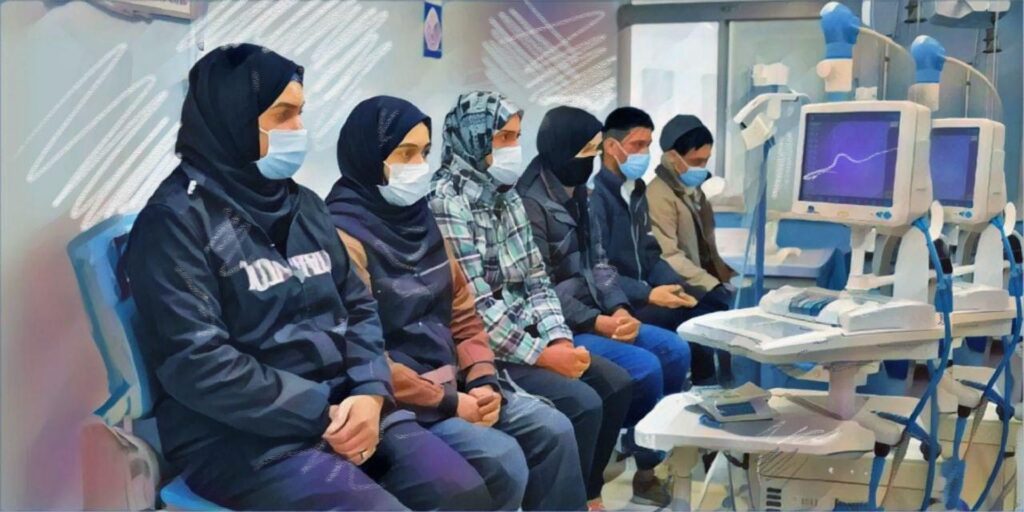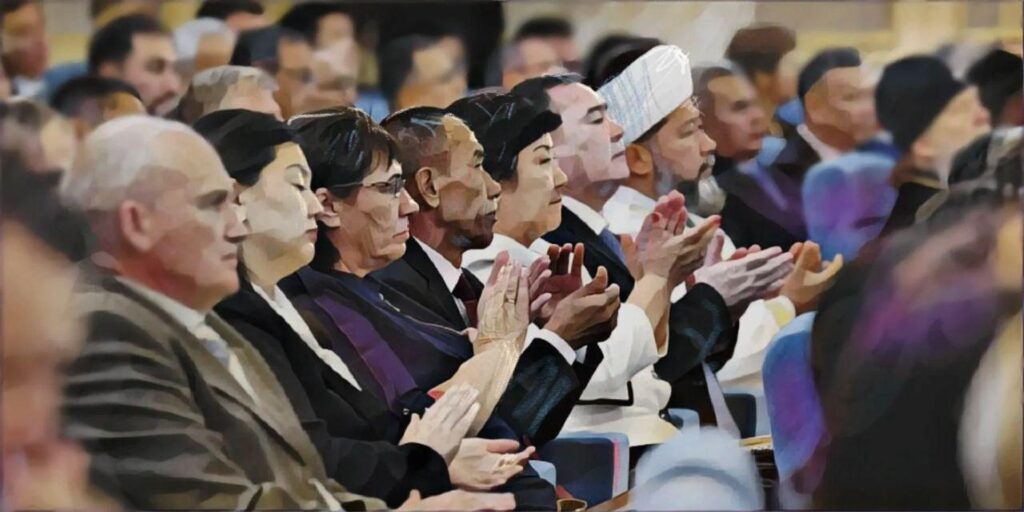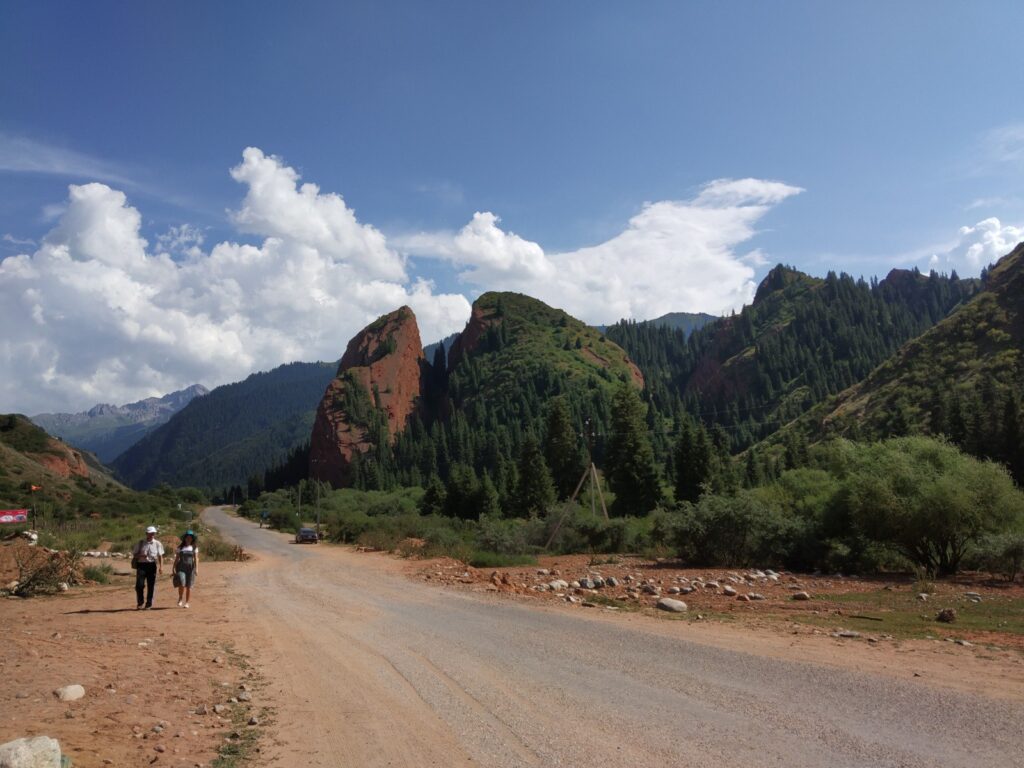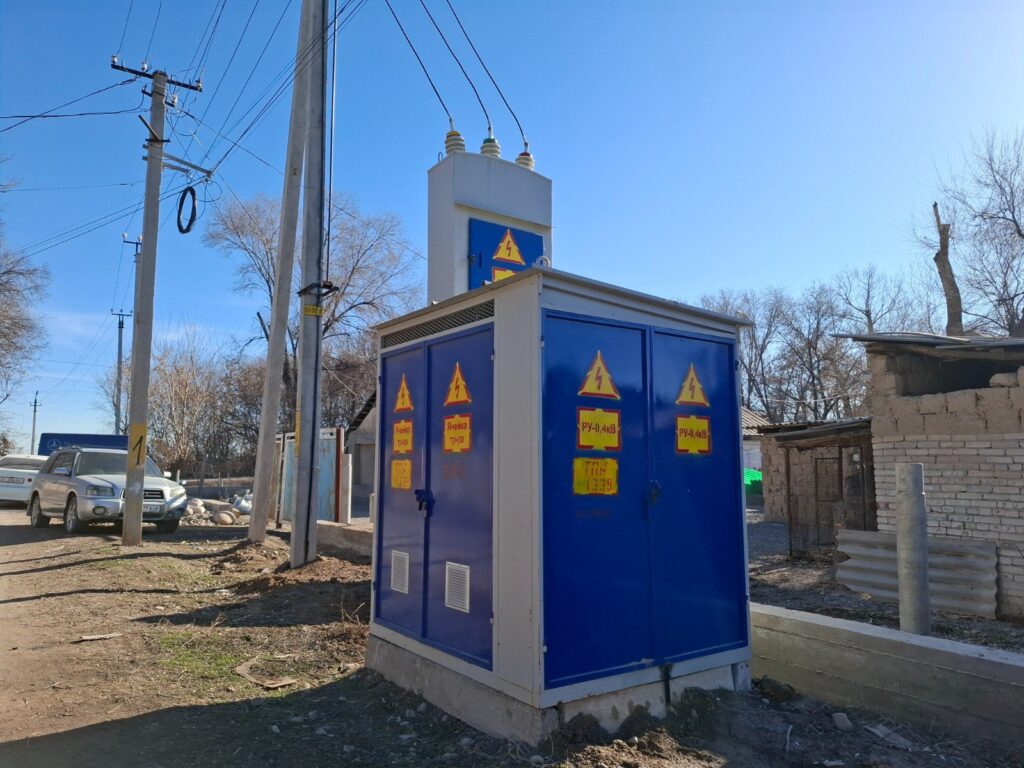Kyrgyzstan Sues Russia at EAEU Court Over Migrant Families’ Health Insurance
Kyrgyzstan has filed a legal claim against Russia at the Eurasian Economic Union Court over Moscow’s refusal to issue compulsory medical insurance cards to the family members of Kyrgyz labor migrants working in Russia. The case, lodged on January 27, centers on whether Russia is meeting its obligations under the EAEU’s labor-migration agreement. Kyrgyz officials say the refusal to issue insurance to dependents violates provisions on social protection for migrants and their families inside the union. The lawsuit was announced by Azamat Mukanov, chairman of Kyrgyzstan’s Mandatory Health Insurance Fund, at a meeting of the Jogorku Kenesh’s parliamentary committee on labor, healthcare, women’s affairs, and social issues. Mukanov said Russia is in breach of the EAEU agreement by denying required policies to family members, even though the pact covers migrant workers from all five EAEU members: Armenia, Belarus, Kazakhstan, Kyrgyzstan, and Russia. "In practice, this provision does not work," Mukanov stated. “Because of this, it was decided to apply to the EAEU court with a request to specify the provisions of the EAEU in this direction.” Mukanov said proceedings are already underway, and a decision is “expected within two weeks.” The dispute also surfaced during the recent visit of Russian Deputy Prime Minister Alexey Overchuk to Bishkek. Kyrgyz officials raised the issue in bilateral discussions but moved to litigation after limited progress through diplomatic channels. The complaint does not dispute Russia’s right to manage its health system. Rather, it turns on whether family members of migrant workers - spouses, children, and other dependents - should be eligible for free health insurance once their breadwinners are lawfully employed in Russia. Insurance of this kind, known locally as OMS, opens access to a broad range of state-funded medical services beyond emergency care. Without it, dependents may have to pay out of pocket or buy private coverage for non-urgent treatment. Under the EAEU’s social security provisions, the right to social protection and medical care for a worker and their family should be on the same terms and conditions as for citizens of the State of employment. That language appears in the union’s treaty and its annexes regulating labor and social rights. Kyrgyz officials argue that Russian practice undermines that principle when family members are excluded. Kyrgyzstan is one of Russia’s closest partners in Central Asia, bound by deep economic, security, and migration ties. Bishkek is a member of the Eurasian Economic Union and the Moscow-led Collective Security Treaty Organization, and has generally avoided direct public disputes with the Kremlin. Kyrgyz officials have typically sought to resolve migration-related frictions quietly through bilateral channels, making the decision to take Russia to a supranational court unusual. In April 2025, Kyrgyzstan’s Foreign Ministry summoned Russia’s ambassador after police reportedly used force against Kyrgyz nationals in a Moscow bathhouse raid, a rare diplomatic protest against Russia that underscored growing domestic concern over the treatment of migrant workers. The EAEU Court in Minsk adjudicates disputes over the interpretation of union law and ensures consistent application across member states. It...






